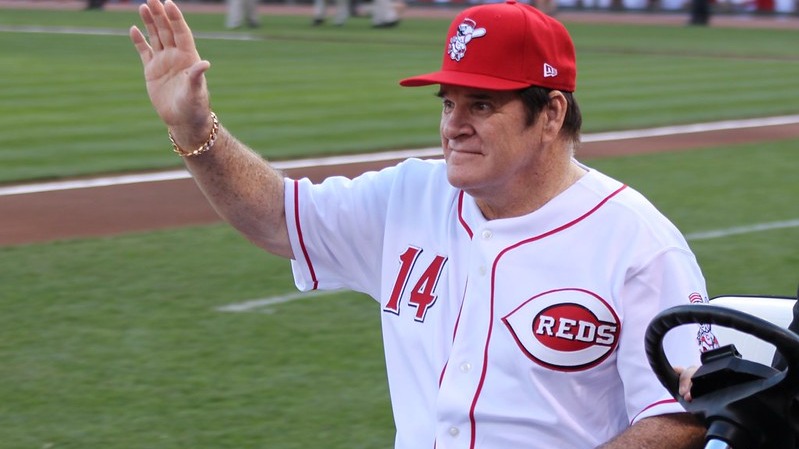
The Legacy of Gambling in Baseball: A Double-Edged Sword
Recent developments surrounding two of baseball's most controversial figures, Pete Rose and Shoeless Joe Jackson, spark renewed interest in the gambling controversy that looms over Major League Baseball (MLB). Rose, the all-time hits leader, was permanently banned from baseball in 1989 for betting on games, while Jackson, a star of the '1919 Black Sox scandal,' was also implicated in baseball's most notorious episode of dishonesty. Although both received a posthumous reprieve in light of their contributions to the game, the discussions surrounding their legacies reinforce gambling as MLB's most significant transgression.
Unpacking the MLB’s Stance on Gambling
The challenge with gambling in baseball is not merely about the act itself but also the resultant erosion of trust among fans and stakeholders. For years, MLB has adopted a zero-tolerance policy towards gambling by players, grounding its rules in the foundational belief that every game must be played with integrity. Thus, the question arises: can a game survive when the very essence of its fairness is compromised?
The Impact of Public Perception on Policy
For decades, both Rose and Jackson's stories have intertwined with public sentiment regarding gambling and sports integrity. Fans enjoy the thrill of the game but want assurances that outcomes are not influenced by nefarious activities. This sentiment influences how MLB enacts policies; the league’s stringent stance serves as an attempt to reassure fans that baseball is a reliable source of entertainment.
Historical Context: From Scandal to Policy
The fear of gambling-related scandals dates back to the early 20th century, strongly highlighted by the infamous 1919 World Series scandal. Fans’ disgust at the players who conspired to fix games irrevocably altered the landscape of baseball governance. MLB’s hardline anti-gambling position has become a core part of its regulations, directly stemming from these historical events, much like how societal laws evolve from incidents with dire consequences.
The Future is Here: How Technology Influences Gambling
Fast forward to today, and we see significant shifts in how gambling is perceived within sports culture. The advent of technology makes betting more accessible than ever. States across the U.S. are legalizing sports betting, bringing the conversation about gambling in baseball to a crossroads. As gambling becomes accepted, how will the MLB reform its regulations to align with or oppose this new reality?
Counterarguments: A Shift in Thought
Some proponents argue that gambling could enhance the audience's engagement and create a vibrant, interactive environment around the game. Figures like ESPN have embraced betting discussions in their sports programming, suggesting that rather than the enemy, betting could act as a catalyst for robust, real-time fan engagement. Engaging fans through betting may even reduce the perceived stigma around gambling in sports - if controlled rightly.
Bridging the Gap: Learning from Other Sports
Other sports leagues have navigated the landscape of gambling with varied success. The NFL, for instance, has begun exploring partnerships with betting sites. The MLB might observe these developments closely as potential harbingers for its policies. Lessons learned from other sports can illuminate the path toward a safer, more transparent betting environment that nurtures the essence of the game while protecting its integrity.
Call to Action: Rethinking Gambling in Sports
As conversations about gambling continue to evolve, it’s time for fans and stakeholders to engage in dialogue about the future of their beloved sport. Is it time to re-evaluate gambling policies to reflect the current landscape? Explore the ongoing discussions surrounding sports and betting, and stay informed on how these changes could redefine the game!
 Add Row
Add Row  Add
Add 




Write A Comment